Category: response
After the Storm: 3 Types of Post-Disaster Poisonings to Know, Prepare For
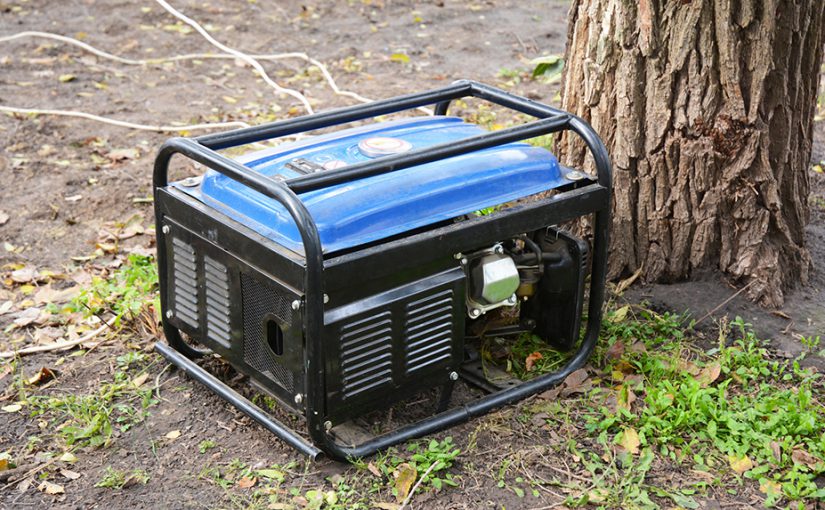
National Poison Prevention Week (March 17-23) was started in 1962 to encourage Americans to “learn of the dangers of accidental poisoning and to take such preventive measures as are warranted by the seriousness of the danger.” Fifty-seven years later, those threats—and probably some new ones—to personal and public health persist. They can also be prepared Read More >
Posted on by 1 CommentHealth Departments Work Off the Field to Keep Fans Safe, Healthy on Game Day

It’s almost game day. Over the course of this week, an estimated 1 million people will visit Atlanta for the Super Bowl LIII experience or to attend the game on Sunday, Feb. 3. A week from now, after the Vince Lombardi Trophy is awarded and the fans head home, things will return to normal. And Read More >
Posted on by Leave a commentService Beyond Oneself: MRC Volunteers Share Their ‘Why’
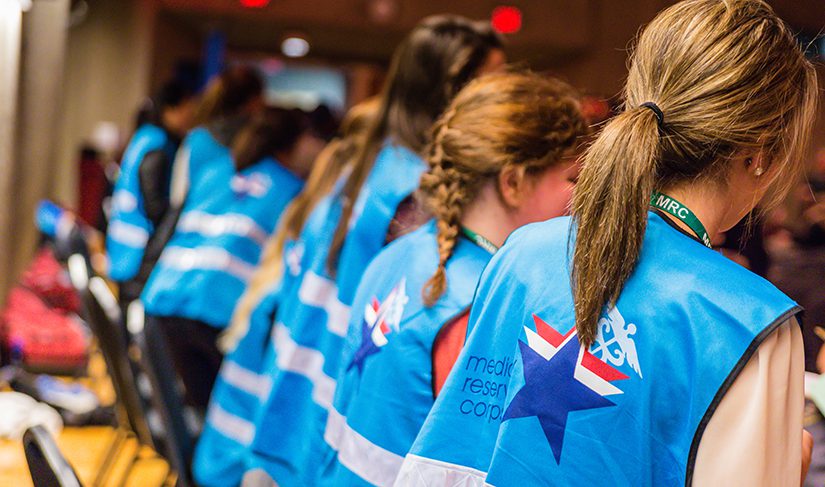
The Martin Luther King (MLK) Day of Service is an opportunity to help “strengthen communities, bridge barriers, [and] create solutions to social problems” through volunteering. While there are many ways to strengthen your community, one way is to help your community prepare for public health emergencies. Improving community preparedness and responses to public health emergencies is, of Read More >
Posted on by 4 CommentsOperation Shortbread Is Not Your ‘Cookie Cutter’ MCM Exercise
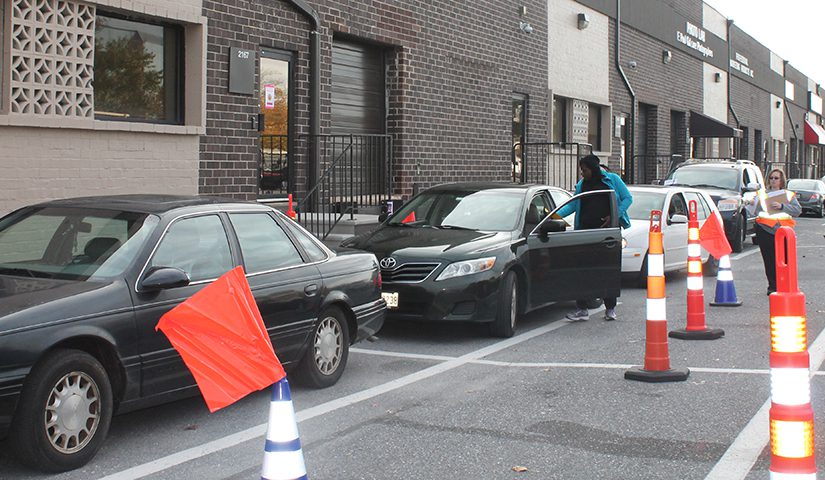
December 4 is National Cookie Day, which—from a public health perspective—is what makes the scratch-made story of Baltimore County Department of Health and Human Services’ Operation Shortbread a fitting one to tell this time of year. What do cookies have to do with public health, you ask? Before we answer that question, let’s begin with Read More >
Posted on by 5 CommentsThe Neighborly Thing To Do: States Helping States During Disasters
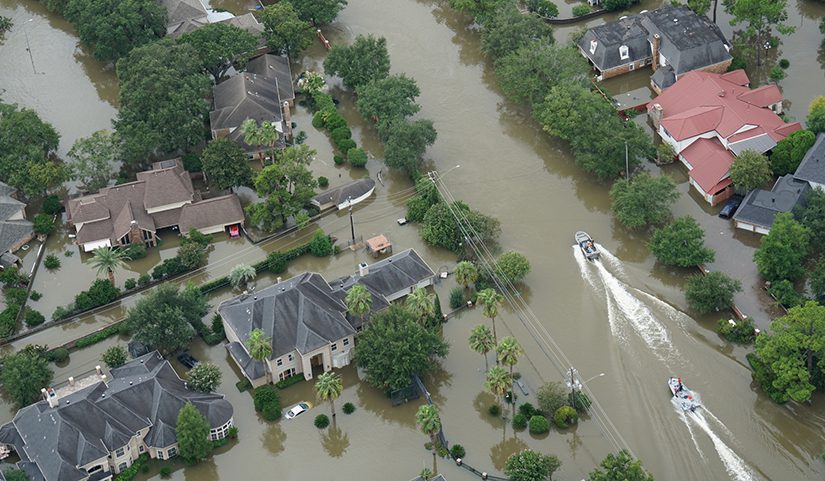
Since 9/11, the CDC’s Public Health Emergency Preparedness (PHEP) cooperative agreement program has been a critical source of funding, guidance, and technical assistance for state and local public health departments, helping to build and maintain a nationwide emergency management system that saves lives through its capability to rapidly respond to threats. But the PHEP program Read More >
Posted on by Leave a commentPartnerships Help Save Lives When Disaster Strikes
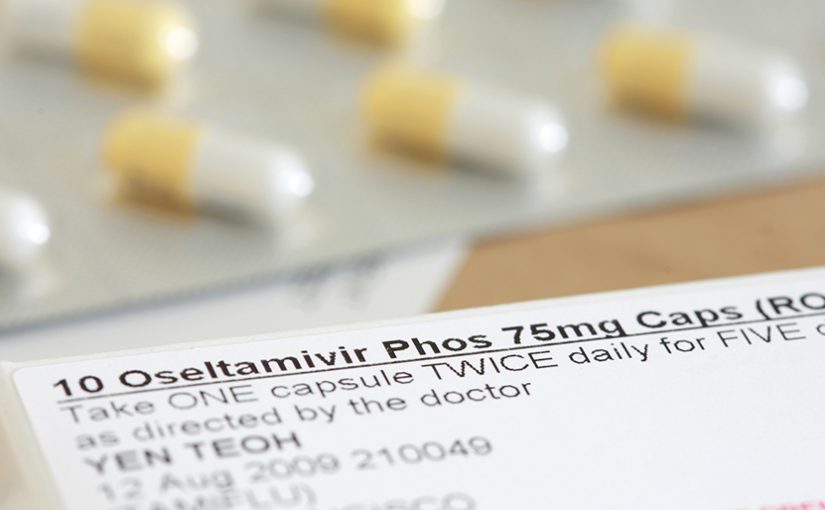
Public health emergencies occur every day across the United States. Tornadoes, hurricanes, wildfires, floods, infectious disease outbreaks, terrorist attacks, and other emergencies have all occurred within the past few years and likely will happen again. Communities must be ready in the event of a public health emergency – both those they expect and those that Read More >
Posted on by Leave a comment
